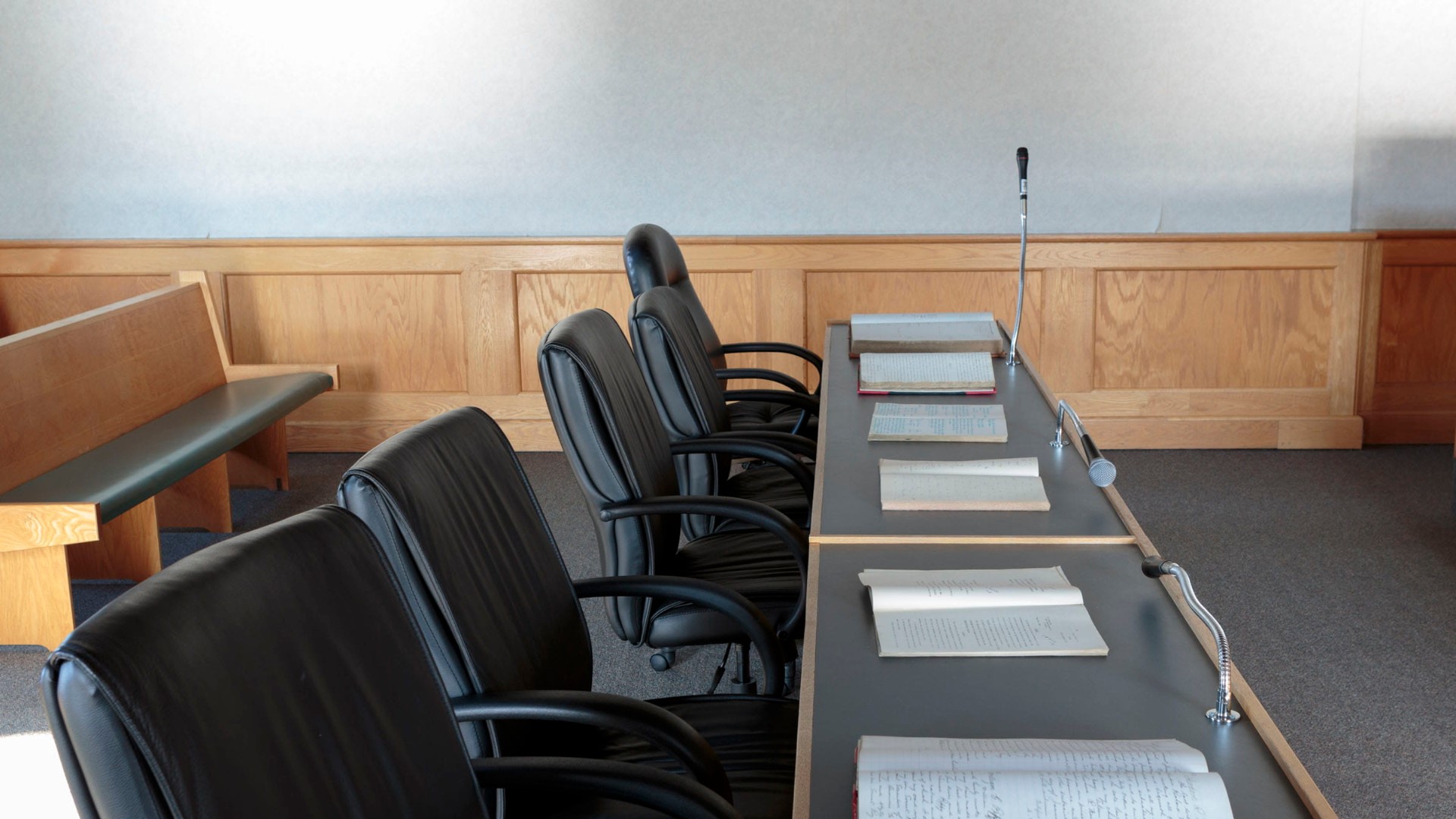The Use of Intermediaries In Criminal Cases

The Implications of the Use of Intermediaries in Criminal Cases.
The use of intermediaries during criminal trials is becoming increasingly commonplace. An intermediary may be used to assist any witness, including a defendant, give evidence. Here we look at the role of the intermediary and who can be used.
The functions of an intermediary
“Intermediaries are communication specialists (not supporters or expert witnesses) whose role is to facilitate communication between the witness and the court, including the advocates. Intermediaries are independent of the parties and owe their duty to the court.”
Directing the Jury
At the trial, before the witness or defendant gives evidence, the judge should explain to the jury the following:
(1) The need for an intermediary: e.g. by identifying the problems arising from the age or other difficulties of the defendant or witness.
(2) The purpose of an intermediary: which is to assist in communication, among other things by helping advocates to ask questions in a way the defendant or witness can understand and/or assisting the defendant or witness to communicate his/her answers to the jury.
(3) The intermediary is independent of the parties, is present only to assist communication and is not a witness and so is not permitted to give evidence.
(4) The use of the intermediary must not affect the jury’s assessment of the evidence of the defendant or witness and is no reflection on the defendant or witness.
(5) If the defendant elects to give evidence, it may be appropriate at this point to give more detail of any difficulties the defendant has, if those difficulties may affect the perception of the jury of the defendant’s evidence.
Assisting a Defendant
The current provisions concerning intermediaries are very much stacked in favour of assistance for prosecution witnesses, but case law makes it very clear that defendants are entitled to equal treatment.
Recent case law (e.g. Dean Thomas [2020] EWCA Crim 117) has placed further hurdles in the way of defendants seeking assistance, but we will always ensure that the legal rights of those we represent are fully protected.
Giving evidence is daunting for most people, but particularly so for defendants facing the considerable pressure of being accused of an offence that they deny.
How We Can Help
If you have wish to find out more about the use of intermediaries then please don’t hesitate to call us on 0161 477 1121 or email us for more details.


